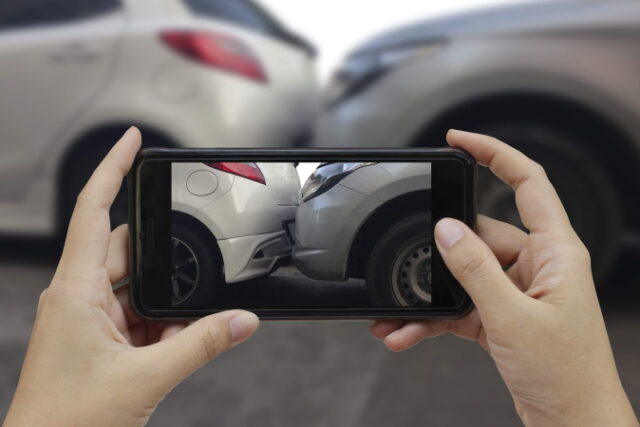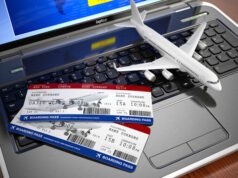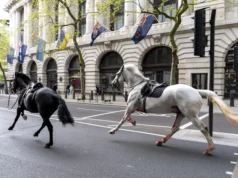
Updated March 26, 2024
Brake checking violates Florida’s law against reckless driving. Florida Statutes Section 316.192 defines reckless driving as driving a vehicle in a willful or wanton disregard for the safety of other people or property. Reckless driving is a misdemeanor that could be enhanced to a felony if the reckless driver causes serious bodily injury to another.
Over 401,000 motor vehicle accidents occur in Florida annually— an average of 1100 accidents per day. According to Florida Highway Safety and Motor Vehicles (FLHSMV), fewer than 6,000 yearly accidents are caused by alcohol or drug impairment.
The primary causes of car accidents in Florida are speeding and distracted driving, both of which can lead to brake checking. Here’s everything you need to know about brake checking in Florida and what to do if you find yourself in an car accident related to this behavior.
What Is Brake Checking?
Brake checking does not mean checking your brakes to ensure they work— quite the opposite. Brake checking is when someone slams on their brakes with the intention of startling or surprising the driver behind them.
In most cases, this behavior tends to stem from frustration toward the driver in the rear car following too closely. However, some drivers see an opportunity to cause an accident and secure a settlement, as the rear driver tends to bear the fault of the accident. As many drivers unfortunately discover, proving the other driver at fault when you hit them is a difficult battle.
Why Is Brake Checking a Problem?
Brake checking is incredibly dangerous. It’s a behavior driven by anger rather than logic and puts everyone in the surrounding vehicles at risk. Many drivers feel vindicated in their actions when brake checking. For example, if they’re following the rules of the road and you’re following them aggressively, you are creating additional risk on the road. However, exacerbating that risk isn’t the right answer.
While the idea and intention surrounding brake checking may be to cause a fender bender, the consequences can be far direr. According to the FLHSMV 2019 report, operating a motor vehicle in a careless or negligent manner caused 663 deaths and 5,855 incapacitating injuries. Following too closely contributed to 8 fatalities and 350 incapacitating injuries.
The Laws Surrounding Brake Checking Accidents
These issues lead many people to wonder if brake checking is illegal and what happens if they’re in a brake checking accident. Brake checking is highly illegal in Florida and is classified as dangerous driving with a potential jail sentence. If the accident results in a fatality, the sentence increases.
It’s also illegal to follow too closely to another vehicle. According to the 2022 Florida Statutes, “The driver of a motor vehicle shall not follow another vehicle more closely than is reasonable and prudent, having due regard for the speed of such vehicles and the traffic upon, and the condition of the highway.”
These laws often create a paradox when an accident occurs. While both parties are driving dangerously, the fault is usually assigned to the rear driver. While the front driver may be equally at fault, it’s harder to prove. This issue is why many drivers— particularly those in semi trucks— use dash cams nowadays.
Building a Brake Checking Collision Case
If you find yourself in a break checking collision as the rear driver, you can still build a case. Florida’s comparative negligence law dictates that drivers can share responsibility for accidents and assign percentages to see how much they’ll be liable to cover. For example, if they indicate that you’re 30% at fault and the forward driver is 70% at fault, you could recover 70% of your damages.
Building a brake checking case requires a skilled and knowledgeable car accident attorney. This expert can help you collect CCTV footage, witness statements, and the police report to show that you were brake checked. Of course, having a dash cam dramatically increases your chances of winning.
When it comes to brake checking accidents, prevention is key. Allow plenty of room behind the vehicle ahead of you, and don’t use this method as a punishment for tailgaters. Safety should always be a top priority on the road.












